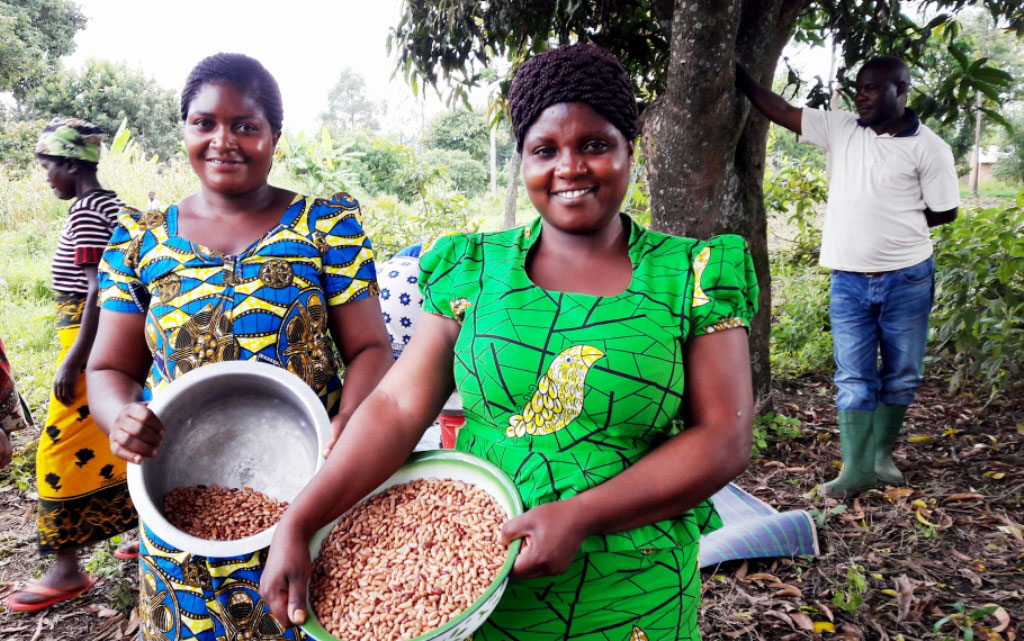The 5-year extension of the Alliance for Agricultural Research and Development for Food Security (the Alliance) at the end of 2020 is a testament to its success in amplifying the impacts of its research collaborations and knowledge sharing.
The Alliance is an Australia–international collaboration between ACIAR, the Syngenta Foundation for Sustainable Agriculture (SFSA), which is a non-profit organisation established by the international agricultural company Syngenta, and The Crawford Fund.
The Alliance has proven to be an effective way to align effort and purpose, and tackle the challenges posed by food insecurity.
Organisations in the Alliance bring together unique skills and capabilities, diverse approaches and geographic footprints to take advantage of the opportunities created by such a collaboration.
By joining forces, the 3 partners are able to achieve their own goals, while also broadening their impact and sharing their knowledge.
‘Together we can co-create innovation and research and development that addresses difficult food security challenges and ensures the emerging solutions reach farmers,’ said Dr Vivienne Anthony, SFSA senior science adviser.
ACIAR has expertise in the generation of knowledge and innovation. This is complemented by the SFSA expertise in technology distribution and application, and The Crawford Fund’s capabilities in training and capacity building.
‘The Alliance is proving to be a sound mechanism through which we can increase contacts with key staff on the ground and engage them in train-the-trainer type activities,’ said Dr Colin Chartres, CEO of The Crawford Fund.
‘It also provides a forum in which we can discuss emerging agricultural issues and innovations and thus strategically target future training programs.’




